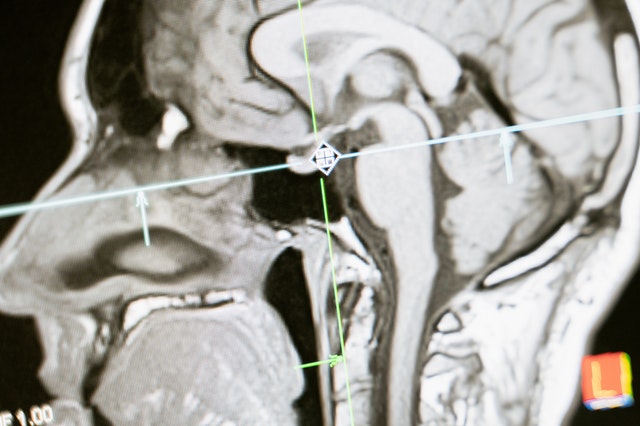Metabolism differs in patients with certain Psychiatric Disorders

 Mental Health | People with major depressive disorder (MDD), bipolar disorder, or schizophrenia appear to metabolize tryptophan in the brain differently than people without mental health disorders.....
Mental Health | People with major depressive disorder (MDD), bipolar disorder, or schizophrenia appear to metabolize tryptophan in the brain differently than people without mental health disorders.....
...according to a study published in Molecular Psychiatry.
“Tryptophan can be metabolized to either a route where serotonin is produced, or to the kynurenine pathway,” said co-senior study author Brisa Fernandes, MD, PhD, a postdoctoral research fellow at The University of Texas Health Science Center at Houston.
“The research shows that people with mood disorders and schizophrenia not only have decreased levels of tryptophan overall, but the tryptophan they do have is being broken down more often in the kynurenine pathway, shifting away from the production of serotonin, the chemical made from tryptophan that is thought to regulate anxiety and improve mood.”
Dr. Fernandes and colleagues reached their findings through a systematic review and meta-analysis of 101 studies that assessed tryptophan amino acids metabolized in the kynurenine pathway, or kynurenine metabolites, in people with MDD, bipolar disorder, or schizophrenia and healthy controls. The research included 10,912 participants.
Findings from the meta-analysis suggest a shift from serotonin production to the kynurenine pathway in patients with mental health disorders. “In addition, a differential pattern exists between mood disorders and schizophrenia,” researchers wrote, “with a preferential metabolism of kynurenine to the potentially neurotoxic quinolinic acid instead of the neuroprotective kynurenic acid in mood disorders but not in schizophrenia.”
“In addition, a differential pattern exists between mood disorders and schizophrenia,” researchers wrote, “with a preferential metabolism of kynurenine to the potentially neurotoxic quinolinic acid instead of the neuroprotective kynurenic acid in mood disorders but not in schizophrenia.”
Researchers next hope to validate the findings in their patients.
“This is important research that hopefully will lead to a better understanding of mechanisms involved in major mental illnesses, as well as a higher level of personalization in treatments so we can best match patients to a treatment plan we know will help them,” said co-senior study author Jair Soares, MD, PhD, The University of Texas Health Science Center at Houston.
Source:


